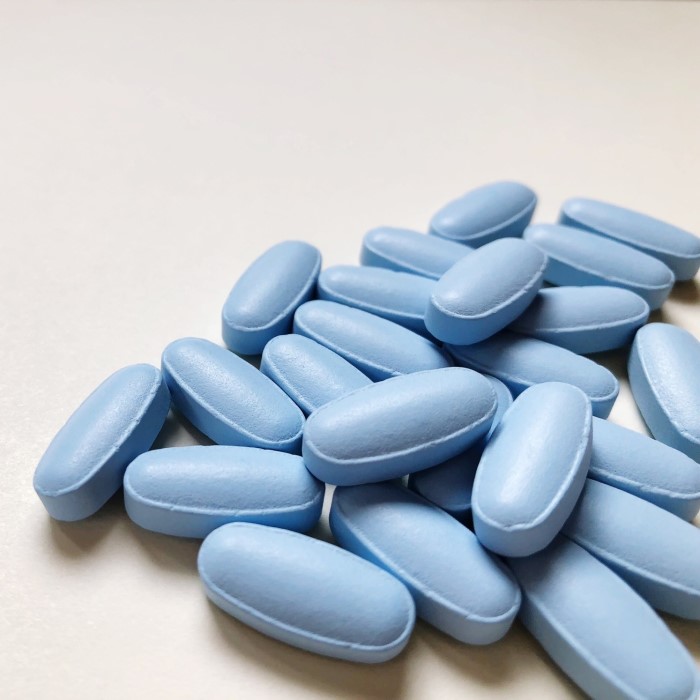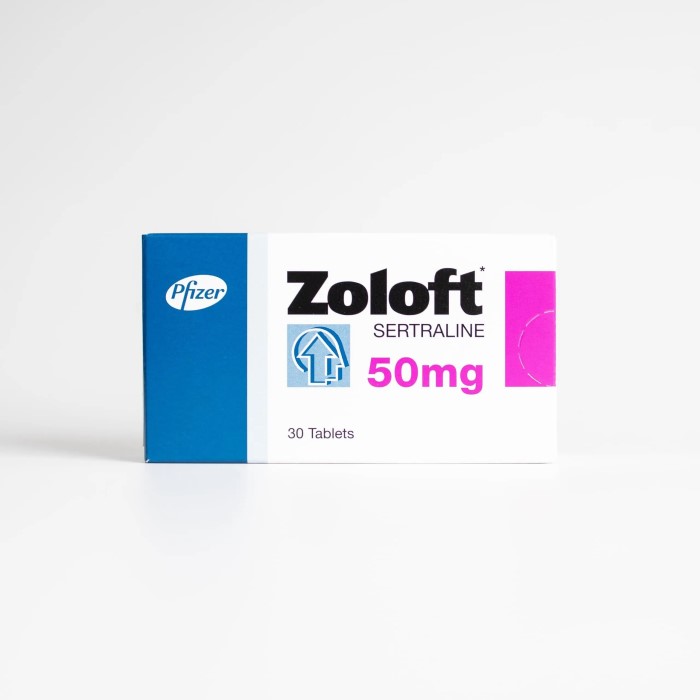
Does Zoloft Cause Hair Loss? Navigating the Risks and Facts
Introduction: Understanding Zoloft and Its Effects
Zoloft, known generically as sertraline, belongs to a class of medications called selective serotonin reuptake inhibitors (SSRIs). It is commonly prescribed for the treatment of depression and anxiety disorders. While Zoloft can effectively alleviate symptoms of these conditions, patients frequently raise concerns about potential side effects. One of the most commonly asked questions is: Does Zoloft cause hair loss? In this article, we will delve into the research surrounding Zoloft and examine whether it has a direct link to hair loss. By understanding the facts, users can make informed decisions regarding their mental health treatments.

What is Zoloft?
To better understand the potential side effects, including hair loss, it is important to know what Zoloft is and how it works:
1. Classification of Zoloft
- Active Ingredient: Zoloft contains the active ingredient sertraline, which regulates serotonin levels in the brain. It is one of the most widely prescribed SSRIs for treating various mental health conditions.
- Mechanism of Action: Zoloft works by blocking the reuptake of serotonin, a neurotransmitter responsible for regulating mood, anxiety, and overall emotional well-being. By increasing serotonin availability, the medication helps to improve mood and reduce anxiety.
2. Indications for Use
- Treating Mental Health Disorders: Zoloft is primarily used to treat major depressive disorder, panic disorder, obsessive-compulsive disorder (OCD), and social anxiety disorder, among others. Its effectiveness in managing these conditions has made it a popular choice in the field of psychiatry.
- Duration of Treatment: Patients often take Zoloft for extended periods, sometimes continuing for months or years as part of their ongoing mental health management. Consequently, understanding the potential risks associated with long-term use is vital.
The Link Between Zoloft and Hair Loss
Does zoloft cause hair loss? The concern over whether Zoloft causes hair loss is common among users. While some individuals report shedding hair after starting the medication, it is crucial to examine available evidence and expert opinions on this subject.
1. Anecdotal Evidence
- Patient Testimonials: Many users discuss hair loss experiences in online forums and support groups. These anecdotes not only highlight the concerns individuals have but also raise awareness around the potential side effects of Zoloft.
- Variability in Experiences: It is essential to recognize the variability in users’ experiences. Some individuals may notice hair thinning, while others will not report this side effect at all. This variability indicates that responses to medication can differ significantly.
2. Sporadic Clinical Evidence
- Research Limitations: Currently, there is limited clinical research specifically linking Zoloft to hair loss. Although hair loss is included among potential side effects, robust scientific studies are scarce. Most existing data comes from patient-reported outcomes rather than controlled clinical trials.
- Understanding the Gaps: The lack of enforcement of regulatory studies on this specific side effect leaves room for uncertainty. Future research could help clarify the relationship between Zoloft and hair loss, providing greater insight for patients and providers.
Understanding Hair Loss Mechanisms
To grasp how Zoloft can potentially impact hair health, it is essential to explore the mechanisms that contribute to hair loss in general.
1. The Hair Growth Cycle
- Phases of Hair Growth: Hair grows in cycles consisting of three significant phases: anagen (growth), catagen (transition), and telogen (resting). When stressors affect the body, they can prematurely push hair follicles into the telogen phase, resulting in increased shedding.
- Telogen Effluvium Explained: This temporary form of hair loss, known as telogen effluvium, often occurs due to various factors including stress, medication, and hormonal changes. If Zoloft increases stress levels or creates other disturbances, it may inadvertently contribute to this type of hair loss.
2. Hormonal Fluctuations
- Impact of Hormones: Medications like Zoloft can potentially influence hormone levels in the body. When hormone production becomes disrupted, it may lead to changes that affect hair growth and health.
- Interplay with Other Treatments: If patients are taking additional medications or have pre-existing hormonal conditions, these factors could increase the likelihood of hair loss. It is essential to consider the complete medical history when evaluating potential side effects.
Managing Zoloft Side Effects
If you are concerned about hair loss while taking Zoloft, consider implementing these strategies to manage potential side effects:
1. Communicate with Your Healthcare Provider
- Discussing Symptoms: If you begin to notice hair thinning or any adverse side effects, contact your healthcare provider as soon as possible. Sharing your observations will help them evaluate your condition and determine the best course of action.
- Adjusting Dosage: Your doctor may suggest adjusting the dosage or switching to an alternative medication. Finding the right treatment should prioritize your mental health while minimizing unwanted side effects.
2. Maintain a Healthy Lifestyle
Balanced Nutrition
- Importance of Vitamins and Minerals: A diet rich in essential vitamins and minerals plays a crucial role in maintaining healthy hair. Key nutrients have specific functions that support hair growth and overall health.
- Focus on Biotin: Foods high in biotin, such as eggs, nuts, and avocados, are essential for hair strength and growth. Biotin helps improve the keratin structure, which is vital for healthy hair.
- Incorporate Zinc: Zinc is another crucial mineral for hair health. It can be found in foods like legumes, seeds, nuts, and whole grains. Adequate zinc levels support hair tissue growth and repair.
- Ensure Iron Intake: Iron-rich foods, such as lean meats, spinach, and lentils, are vital for producing hemoglobin. Hemoglobin carries oxygen in the blood, which is necessary for healthy hair follicles.
- Include Omega-3 Fatty Acids: Omega-3 fatty acids promote a healthy scalp and are found in fatty fish, walnuts, and flaxseeds. These fats help reduce inflammation and nourish hair follicles to encourage growth.
Stay Hydrated
- Significance of Hydration: Proper hydration is vital for overall health and well-being. Staying hydrated impacts not only bodily functions but also hair health.
- Moisture for Hair Follicles: Drinking enough water ensures that hair follicles receive adequate moisture. Well-hydrated follicles contribute to healthier and more resilient hair.
- Scalp Health: Adequate hydration promotes a healthy scalp environment, helping to prevent dryness and flakiness. A hydrated scalp is essential for reducing issues like dandruff, which can affect hair growth.
- Daily Water Intake: To maintain proper hydration, aim to drink at least eight 8-ounce glasses of water a day. Adjust your intake based on activity level and climate conditions to meet your individual needs.
Exercise Regularly
- Physical Activity Benefits: Engaging in regular physical activity offers numerous advantages for both physical and mental health. Exercise promotes blood circulation, which is essential for delivering nutrients to hair follicles.
- Stress Reduction: Regular exercise helps reduce stress levels, which can significantly impact hair health. Lower stress levels correlate with reduced hair loss and improved overall well-being.
- Endorphin Release: Exercise releases endorphins, the body’s natural mood lifters. These chemicals create a sense of happiness and well-being, potentially alleviating anxiety that might contribute to hair loss.
- Variety in Activities: Incorporate different forms of physical activity into your routine, such as jogging, yoga, swimming, or strength training. Aim for at least 150 minutes of moderate aerobic activity weekly, along with strength exercises on two or more days.
Frequently Asked Questions (FAQs)
Is hair loss from Zoloft permanent?
Hair loss caused by Zoloft is typically not permanent. If the medication is the cause, stopping or adjusting the dosage under a healthcare provider’s guidance may lead to regrowth. However, it is essential to consult with your doctor for personalized advice.
Which antidepressants make your hair fall out?
Some antidepressants, particularly certain SSRIs and SNRIs, have been reported to cause hair loss in some cases. Each individual’s reaction to medication can vary, so discussing alternatives with your healthcare provider is advisable if hair loss is a concern.
What is the number one side effect of Zoloft?
The most commonly reported side effect of Zoloft includes decreased appetite, leading to potential weight loss. Other frequent side effects include insomnia, dry mouth, and sexual dysfunction.
How can I stop my hair from falling out due to medication?
To mitigate hair loss related to medication, consult your healthcare provider to discuss potential adjustments to your treatment. Implementing a healthy diet, stress management techniques, and hair care practices may also help support hair health.
Conclusion: Making Informed Decisions
In conclusion, the question “does Zoloft cause hair loss?” is an important consideration for anyone taking this medication. While some individuals report experiencing hair thinning or loss, scientific evidence directly linking Zoloft to this side effect remains limited.
Patients should actively communicate with their healthcare providers about any concerns and explore potential solutions. By maintaining a balanced lifestyle and prioritizing mental health, individuals can find effective treatment options while minimizing the risk of undesirable side effects. As discussions around medications like Zoloft continue into 2025, staying informed and proactive will empower patients to make confident choices regarding their health and well-being.




